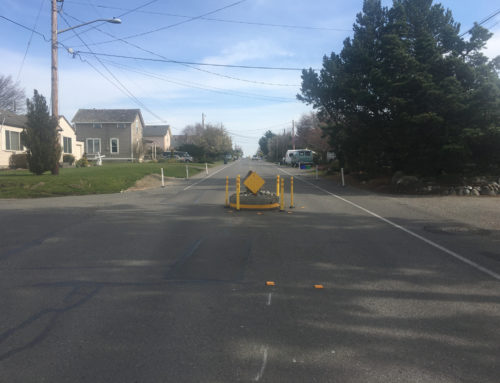You’ve been involved in a car accident, slip and fall injury, malpractice case, dog bite, or some other personal injury. You’re seeking the very best-for-you personal injury attorney. You’ve read Parts 1-5 of this blog to assist you in your search.
You’ve interviewed (or soon will interview) all the potential personal injury attorneys on your list of highly recommended personal injury attorneys. Congratulations to you for thoroughly completing your homework. Your diligence will pay off big time.
One last very important suggestion before you make your final decision: the personal injury attorney you choose must focus his practice on trial law, as well as personal injury law.
Here’s why:
- Personal injury cases have the potential of going to a court of law. If your case goes to court, your personal injury attorney, with whom you’ve been working closely for months (or longer) and knows every detail of your case, must be highly competent in representing you before a jury of your peers.
- Even if your case gets resolved through negotiations with the at-fault insurance company or party before going to court, a trial/personal injury lawyer has the experience and expertise to successfully handle those complicated, delicate negotiations with profit-driven insurance companies, protected by a team of savvy lawyers.
- A trial/personal injury attorney with a successful personal injury track record of jury trials has the experience and expertise to pursue the appropriate legal avenues to protect you and fight for you and your rightful compensation. If the at-fault insurance company or party fully cooperates, your case could be settled without filing a law suit against the at-fault insurance company or party. However, if the insurance company or at-fault party is unwilling to offer you reasonable compensation for all damages, losses, pain, and suffering (a common occurrence), the attorney will file a lawsuit in your behalf. A lawsuit opens the door to further negotiations and litigation through mediation, arbitration, and/or a jury trial.
- Many personal injury attorneys will not take a personal injury case to court. Hard to believe but true. To avoid going to court, the attorney may choose to settle the case prematurely, accepting (with your permission) a quick-and-easy, low-ball offer, leaving you with too little money in your pocket (unbeknown to you). The attorney could also choose to lead you and your case to court, but instead of representing you him- or herself, he or she would hire another lawyer to bring your case to the courtroom. As stated above, your personal injury attorney knows you and every detail of your case, making him or her the best attorney to represent you in court, not a different attorney, hired for the sole purpose of litigating your case in court.
Question: How do you know if the personal injury lawyer focuses his practice on trial law, along with personal injury law?
Answer: Ask him or her outright. (See Part 5 of this blog.)
As stated in Part 5 of this blog, you’re looking for:
- a personal injury attorney with the experience of at least 50 jury trials.
- a personal injury attorney who continues to bring cases to court every year, demonstrating the attorney’s willingness to protect you and fight for you all the way to a jury trial if necessary.
Now go for it. Follow the tips in this 6-part blog and find yourself that sharp, forthright, dedicated attorney to guide you through the aftermath of your car accident or personal injury.
Please call me personally, Rafael Urquia, at Urquia Law (360.460.4024). I’d love to discuss your case with you, of course at no charge to you.
Whether your accident happened yesterday or six months ago, I am honored to answer your questions, address your concerns, and help guide you to the next best legal step for you.
Even if you have an attorney, a second legal opinion, could prove very valuable to you and your case. We’re here to help you in whatever way we can.
By the way, just in case you’ve missed any part of this 6-part blog, here’s an overview:
“How Do I Find the Right Personal Attorney after My Personal Injury?”
- Part 1: Introduction
- Part 2: Seek Referrals
- Part 3: Review Web Sites
- Part 4: Make The First Phone Calls and Schedule Initial Interviews with Prospective Personal Injury Attorneys
- Part 5: Ask These Top 10 Questions Before Hiring a Personal Injury Lawyer
- Part 6: Discover Why the Best Personal Injury Lawyer Must Also Be The Best Trial Lawyer






